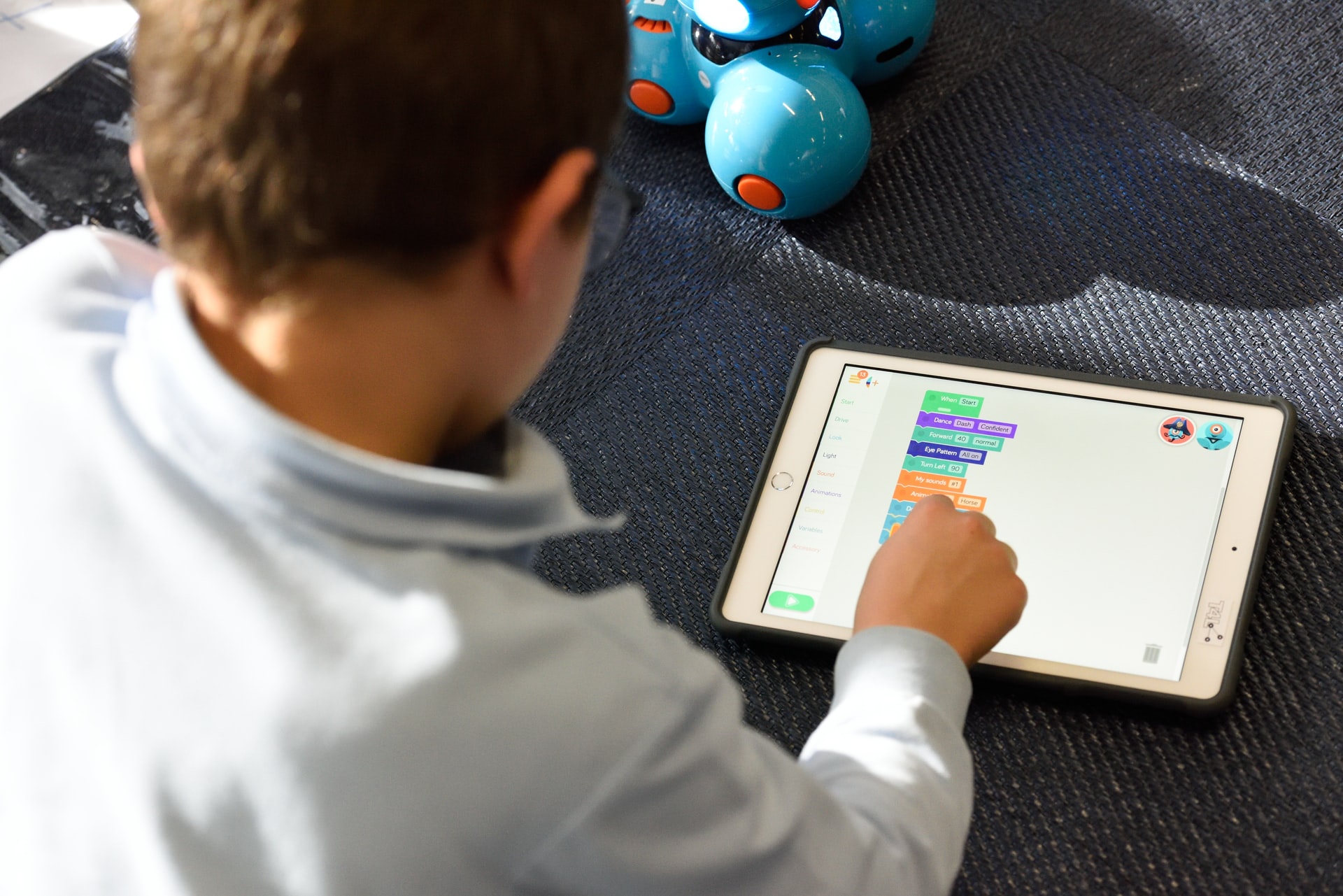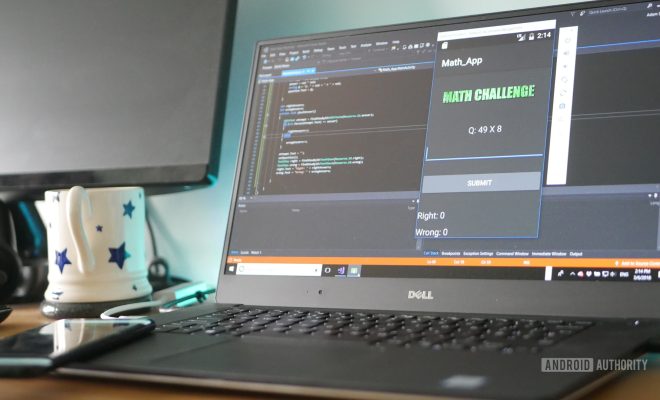3 Studies Supporting Digital Learning as Beneficial to Students

It is not uncommon to find digital learning resources in classrooms today and impossible to ignore them or the huge potential for learning they provide. This is because digital resources in comparison to textbooks can be promptly updated and provides a wider bracket of references, and learning materials to all student categories. Access to this wide collection of resources made possible through digital learning is not only beneficial to the students but supported by formal theories of learning.
The Behaviorist philosophy of learning is a school of thought that lends credence to the benefits accruable from increased access to quality digital learning resources. It argues that teaching should harp on methods of learning that reinforce desired behaviors, which includes learning through connectionism, and operant conditioning. Connectionism emphasizes that pupils learn by forming associations between their sensory experiences, and neural impulses, usually through experimentations. A vital element of this theory is, that learning should consist of practice and prizes that reward appropriate behavior and this principle is what many educational digital applications are established on.
These apps provide practice exercises such as math tests, spelling exercises, foreign language drills, which aid the students learning. Another element of behaviorism, operant conditioning, deals with training voluntary responses by the outcomes they beget. Examples of operant conditioning are visible in apps and pedagogic tech products that offer incentives—coin bonus or tokens for correct answers—for appropriate behaviors.
The second theory that validates increased access to digital learning resources is the Social Cognitive theory; which contends that individuals learn by observing others in their social environment. The major concepts of this theory are modeling, self-efficacy, tutoring, and mentoring. Modeling avers that conscious observation of other individuals, while they perform activities within a context, is fundamental to learning. Tutors frequently integrate this theme into their teaching but they have limited access to models. With technology, the teachers’ abilities to provide learning models have increased and students are no longer restricted to their classrooms, they have access to computers and tablets to watch and listen to tutors around the world demonstrate concepts and models using different methods.
Self-efficacy, an individual’s confidence in their capacity to execute tasks, is boosted when they observe an illustrative performance of skills and can imitate it themselves. Technology facilitates this model of teaching through software applications with preinstalled avatars or recorded videos showing tutors modeling the preferred skill or character. Afterward, opportunities are afforded to students to replicate the performance.
The final concept of the Social Cognitive theory is the significance of tutoring and mentoring as learning tools. Technology has given students access to tutors and mentors beyond their school community, allowing them to obtain help from persons and places across the world that they wouldn’t have reached otherwise. The impact of this on their learning potential is enormous.
The Information Processing Theory is a philosophy of learning, which focuses on the students’ capabilities in areas of attentiveness, perception, encoding information; the storage of knowledge in the short term, and the long-term memory, and retrieval of knowledge. The theory emphasizes that individuals process information at varying degrees thus, students will attend to information, store, and retrieve information differently. Hence, they must automate some tasks, to free up mental resources to learn proficiently. Some apps assist learners with test drills that furnish them with innovative ways to automate certain essential skills.






